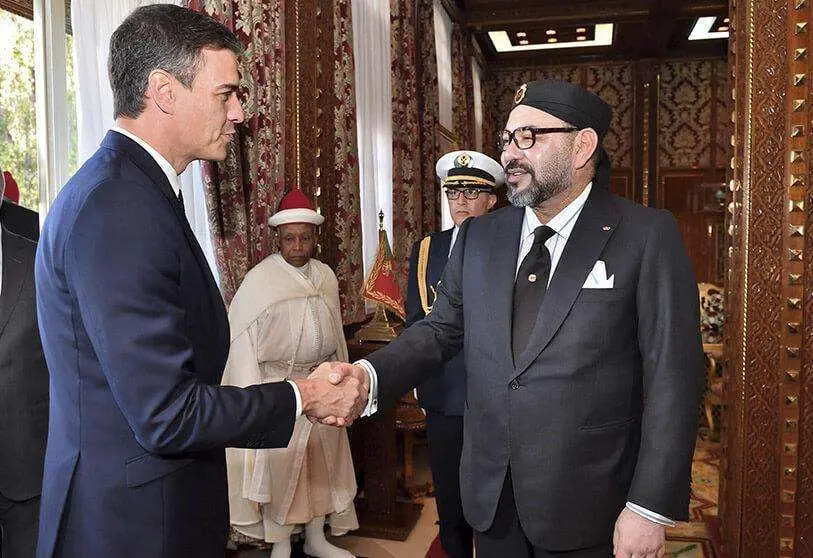Sánchez and Morocco

Pedro Sánchez aims to survive with the change of government and recover some initiative that will allow him to have a chance of winning the next elections. The commitment to economic recovery, the social agenda, rejuvenating the cabinet with more women from the municipal administration and recovering the PSOE, beyond Sanchezism, but sacrificing his most relevant pawns during this stage, means a flight forward spurred on by the polls that give the next majority to the PP with VOX.
Moreover, his decision to maintain the coalition with Unidas Podemos, with whom he will compete for a good part of the voters in 2023, could condition several key political actions, both in the economic and social sphere and in foreign policy. In this area, the appointment of the new minister, José Manuel Albares, is received with two major tasks to carry out: resolving the crisis with Morocco and restoring political channels with Joe Biden's administration. There are many other problems to resolve, such as Gibraltar, Spain's political weight in the EU and Latin America, among others.
The great challenge of all, which is to recover the consensus between PSOE and PP to design a foreign policy with state interests for 30 years, as serious countries do, but at the moment, with this Prime Minister, it is not even being considered, although Pablo Casado has offered him the pact. Sánchez's coup de rudder oozes electioneering when what Spain needs are basic lines of action to consolidate its position in the world, with its EU partners, with its NATO allies, in world trade relations and, specifically, with two key players for our strategic interests: Morocco and the United States.
The dismissals of Arancha González Laya, José Luis Ábalos and Iván Redondo appear to be the consequence of a job very badly done with Morocco, with Venezuela, with the United States, but it would be very unfair and ignorant to admit that Pedro Sánchez did not authorise or promote actions such as the reception of Polisario Brahim Ghali in Spain, the gas agreement with Algeria, the visit with suitcases of the Vice-President of Venezuela, Delcy Rodríguez, and the 29-second stroll with Biden at NATO, to cite a few relevant cases. In the Moroccan case, González Laya has played a disproportionate role with obvious negative political consequences, and we will see if the judicial process opened in Zaragoza with the entry of Ghali does not call for more responsibilities. The dismissal of González Laya should not be interpreted as a triumph for Morocco - in addition to the bilateral crisis, management in the Ministry was chaotic - but as a gesture by Sánchez to rebuild relations and trust, despite Podemos. But it all depends on Sánchez himself and how he handles his friend Albares.

